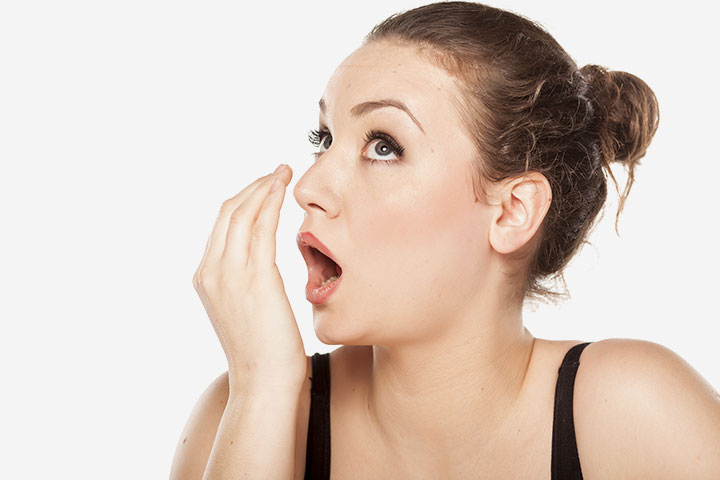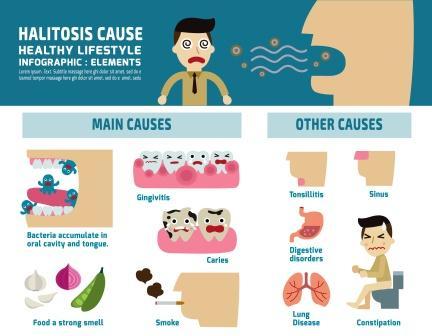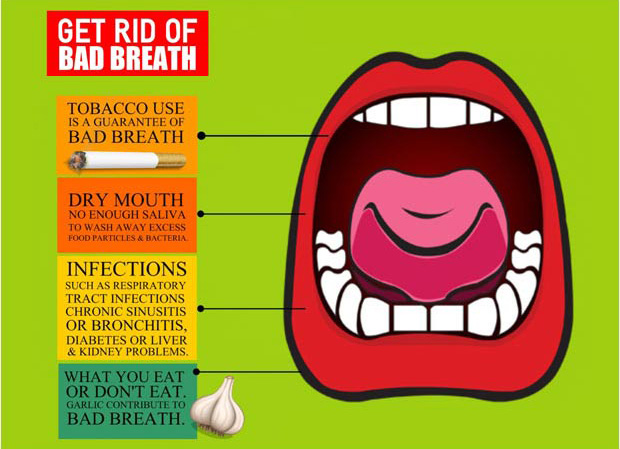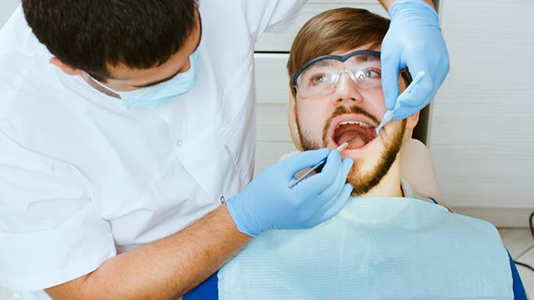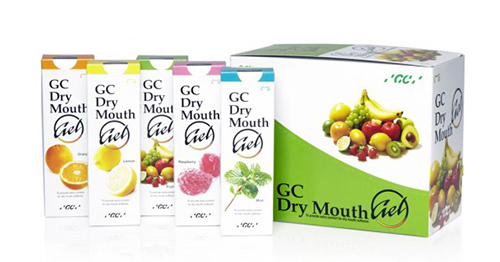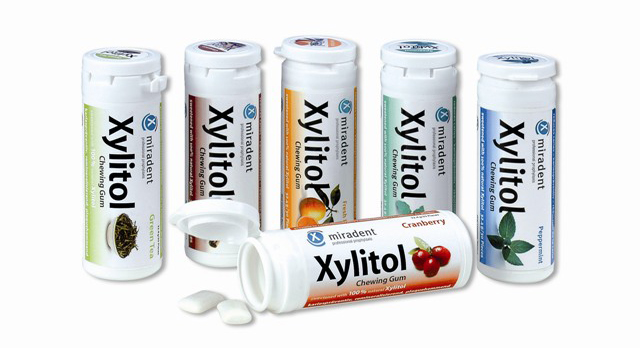At St Lawrence Dentistry, we understand that our patients want to have the best breath possible because this affects the quality of life.
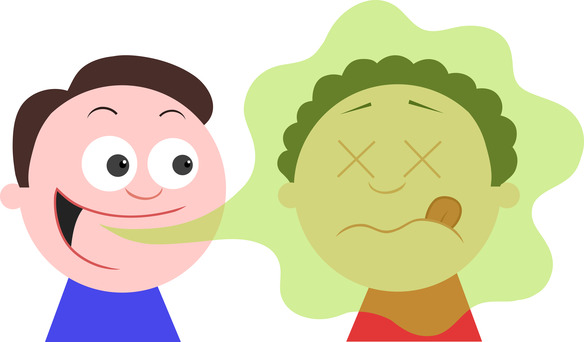
Many factors cause bad breath, and many of them can be dealt with quickly. The good thing about this issue is that little changes can make a considerable improvement. Since bad breath is not an illness or disease, some people are unaware that it is an issue, and they do not realize how others may perceive the problem. It can be tough for loved ones to inform each other about the issue, and it can create discomfort with coworkers and friends.
In general, bad breath is caused by remnants of bacteria by-products. In particular, its mainly caused by VSCs (Volatile Sulphur Compounds) in the mouth. The creation of these compounds occurs when bacteria break down amino acids and create sulfur by-products.
Any area where food debris is left is a candidate for the genesis of bad breath. The prime location is on the back of the tongue because this surface has a lot of ridges and where debris can accumulate. Dairy products such as cream tend to stick to your tongue. Debris can also accumulate in between teeth. This is especially true for patients who have lost the gum in between their teeth (interdental papilla). Partially impacted wisdom teeth can be a source because the gum around these teeth can have a depression where a biofilm can sit undisturbed.
Because saliva helps clean teeth, any factor which causes the mouth to dry can be a cause of bad breath. When we are sleeping, the saliva flow significantly decreases, and this is why you can wake up with a bad taste in your mouth. Alcohol, smoking are chief causes and can create a perfect breeding environment for the bad-breath-causing bacteria. Dieting can also be a cause as, when you eat and chew less, there is less salivary flow. Systemic issues such as infections in the lung, sinuses, and throat can also contribute. Also, diabetes, kidney, and liver issues are known to correlate to problems with breath quality. Sometimes an imbalance of bacteria in your stomach can contribute.
St Lawrence Dentistry will do a careful assessment of your particular causes of imperfect breath and create a program to lessen the bacteria creating volatile sulfur compounds. If we suspect issues with your stomach, we will advise you to consult with your doctor to see if dietary changes such as new probiotic foods could be a primary mode of treatment. If your systemic conditions or medications are drying out your mouth, medical consultation may be needed to see if a drug to increase saliva flow (like Pilocarpine) could help.
To develop a treatment plan, Dr. Hawryluk will review oral hygiene, assess wisdom teeth position, review alcohol and smoking reduction programs, and cleaning of dental appliances. He often recommends brushing the back of your tongue a few times a day, followed by an antiseptic mouthwash. In some cases, it is beneficial to take a toothbrush and small mouthwash bottle with you on your daily activities; for use while not at home. For patients with reduced saliva flow, the dentist can discuss ways to keep your mouth moist and often recommends products such as GC Dry Mouth Paste and xylitol containing mints to increase saliva flow.
If you have issues with breath quality, do not worry. St. Lawrence Dentistry is here to help you make this a thing of the past. Our location is in Mississauga, which is 15 minutes from downtown Toronto.
Please call us if you live in the area and would like an appointment to see the doctor.
- St. Lawrence Dentistry Looks Forward To St. Patrick’s Day! - March 12, 2025
- Understanding Dental X-Rays and Radiation: What You Should Know - January 13, 2025
- Happy New Year from St. Lawrence Dentistry! - December 30, 2024



